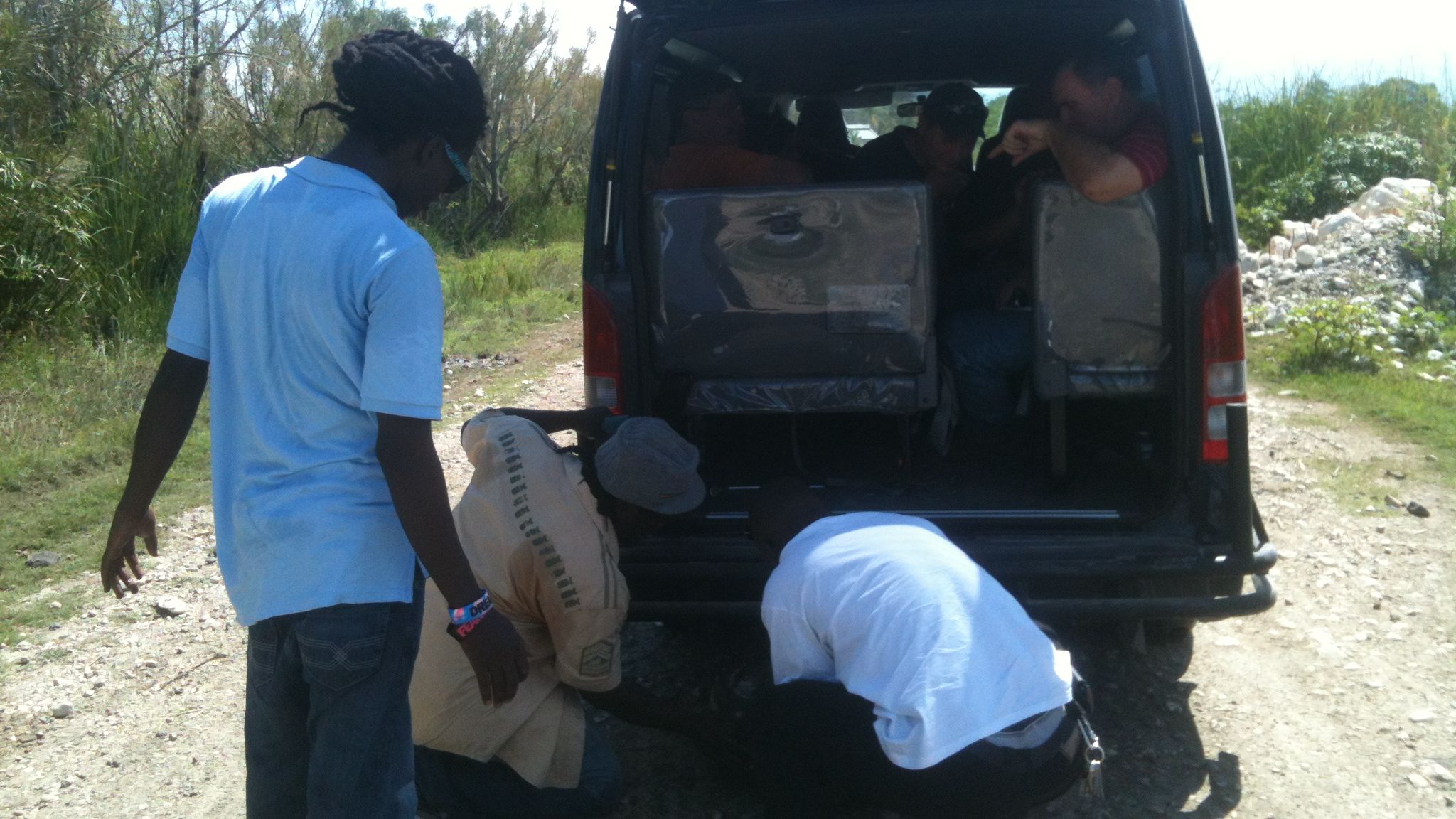Sustainable Activism: How to Avoid Burnout and Stay Emotionally Resilient

Over the past two weeks, we've explored disaster trauma and how to channel empathy into meaningful action. Today, I want to share something deeply personal about sustaining this work long-term—because if we don't care for ourselves, we can't show up for the causes and people we care about.
Reflecting on my 25 years as a psychotherapist and first responder, I've learned that knowing my limits is crucial to being an effective clinician. Early in my first responder days, I found myself constantly worrying about the survivors, even after I returned from a trip. I’ve seen many children orphaned by hurricanes, earthquakes, tsunamis, tornados and flooding. As a mother of three young kids, I had to make the difficult decision to set boundaries, ensuring that I could be fully present for my family without sacrificing my ability to care for survivors when I traveled. I had to choose wisely the natural disasters I deployed to.
The statistics are sobering: burnout rates among activists and advocates have reached an all-time high, with 75% of individuals reporting physical or emotional exhaustion (Journal of Social Activism, 2021). What I've learned through both research and lived experience is that compassion fatigue isn't a character flaw—it's a predictable neurobiological response. When we're constantly exposed to others' pain, our nervous systems literally sync with the distress we witness, creating chronic empathic overarousal that depletes our capacity for emotional regulation.
In helping communities, there's an unspoken mythology that caring for yourself is somehow less important than caring for others. This "martyrdom complex" is not only unsustainable—it's counterproductive. When we operate from depletion, we make poor decisions, become reactive rather than responsive, and model unsustainable practices for those we're trying to help. I remember a particularly challenging period when I was giving everything to everyone except myself. My sleep suffered, my relationships strained, and ironically, my clinical work began to suffer too.
Learning to respect my limits allowed me to be a better clinician. I became more aware of how much I could give without compromising my well-being. The balance between serving others and caring for myself has made me more effective, more compassionate, and better able to show up for both my clients and my family. Here's what sustains me: my faith in a higher power-God, nervous system regulation practices like deep breathing and body scans to recognize early overwhelm; emotional boundaries, including transition rituals between work and personal life; and community support through regular check-ins with colleagues who understand this work.
Sometimes, despite our best efforts, professional support is necessary. Signs you may need additional help include persistent sleep disturbances, increased irritability, physical symptoms like chronic pain, cynicism about your work, or withdrawal from relationships. Seeking therapy or consultation isn't weakness—it's professional necessity, like continuing education.
Prioritizing self-care is not selfish; sustaining the work we do is essential. I've learned that I can only fight for change and support others effectively if I'm also taking the time to care for my own mind, body, and spirit. This week, I challenge you to assess your energy levels honestly, identify one boundary you need to set, choose one daily regulation practice, reach out to your support network, and schedule something restorative. Remember: The world needs your gifts, your passion, your unique contribution—but it needs you sustained and resourced, not depleted and resentful.
This concludes our three-part series on navigating disaster trauma, global empathy, and sustainable activism. Thank you for taking this journey with me.
With love and solidarity,
Sharon
Photo credit: noaa-rxlx9Yi0298-unsplash
SNAG YOUR COPY
of the Connect 5 Tool
Your trauma-informed assessment in a handy PDF.
We hate SPAM. We will never sell your information, for any reason.

